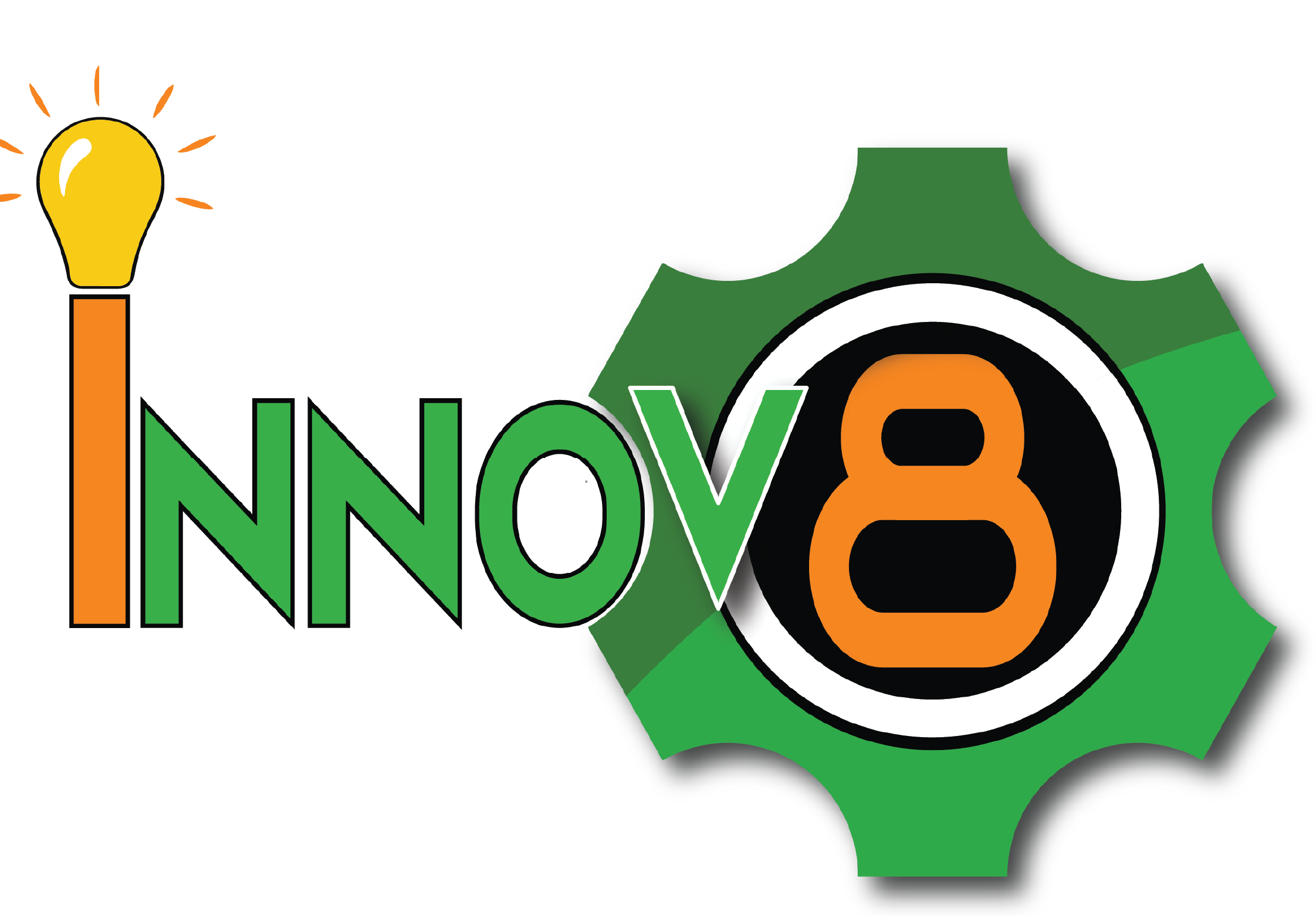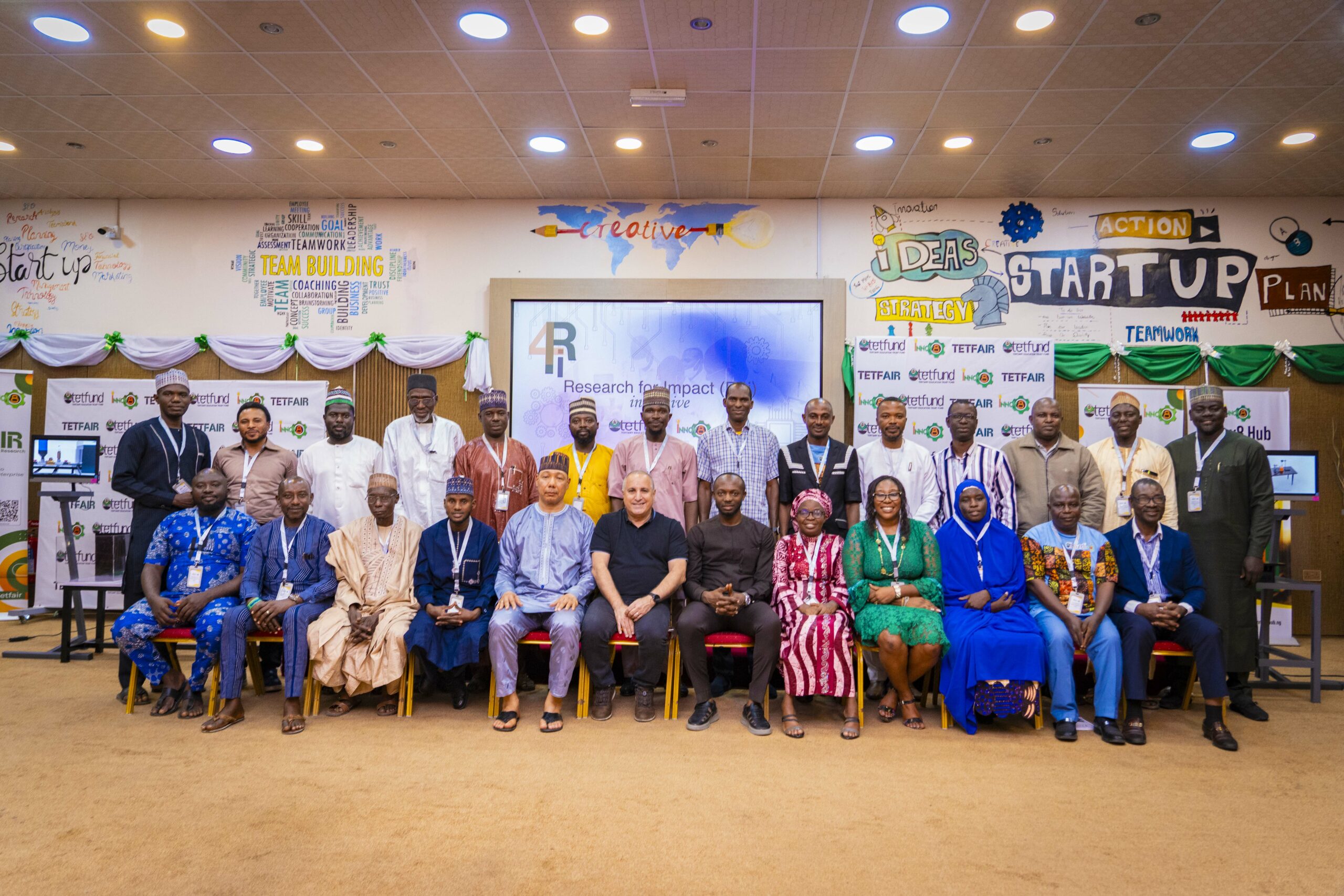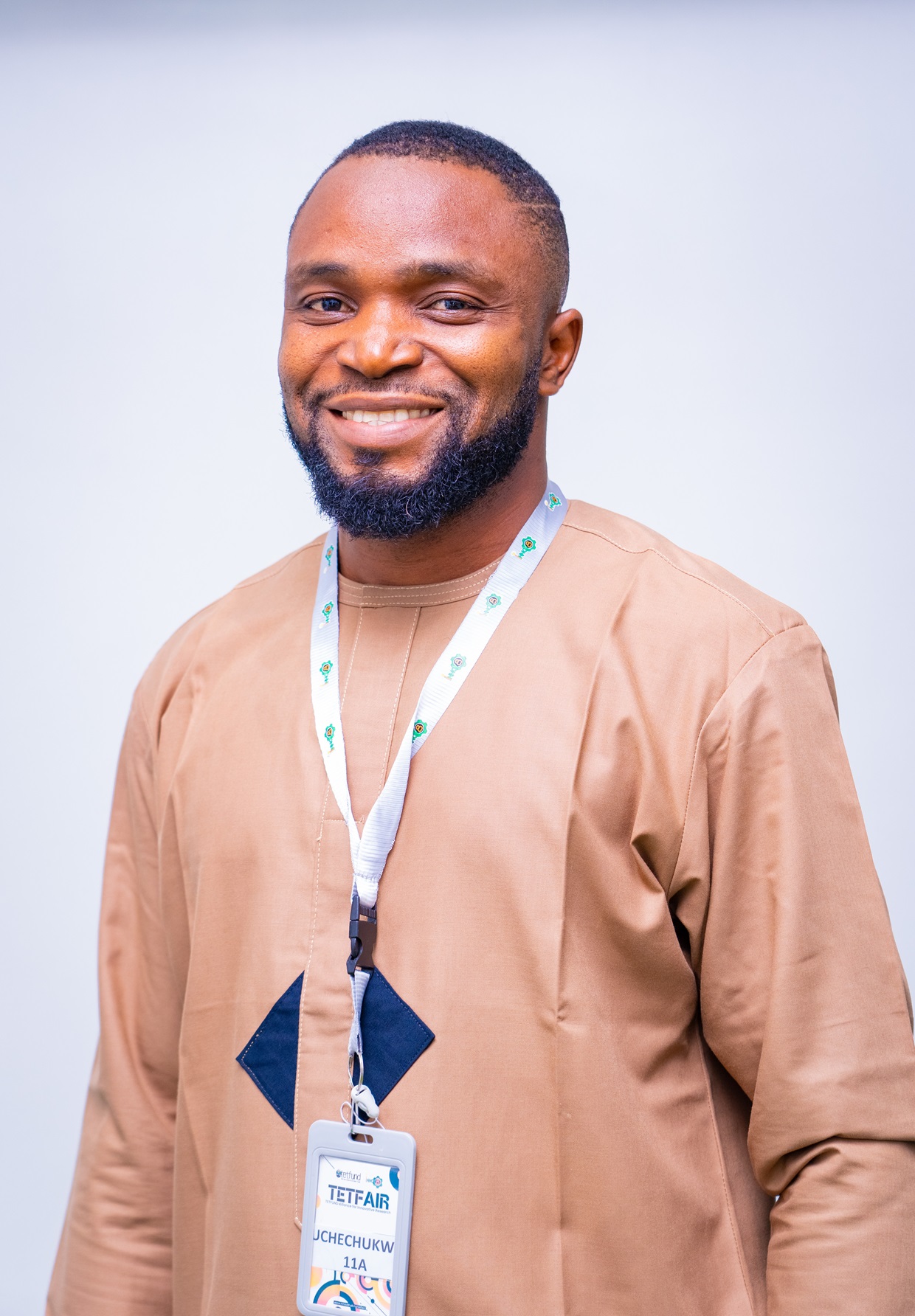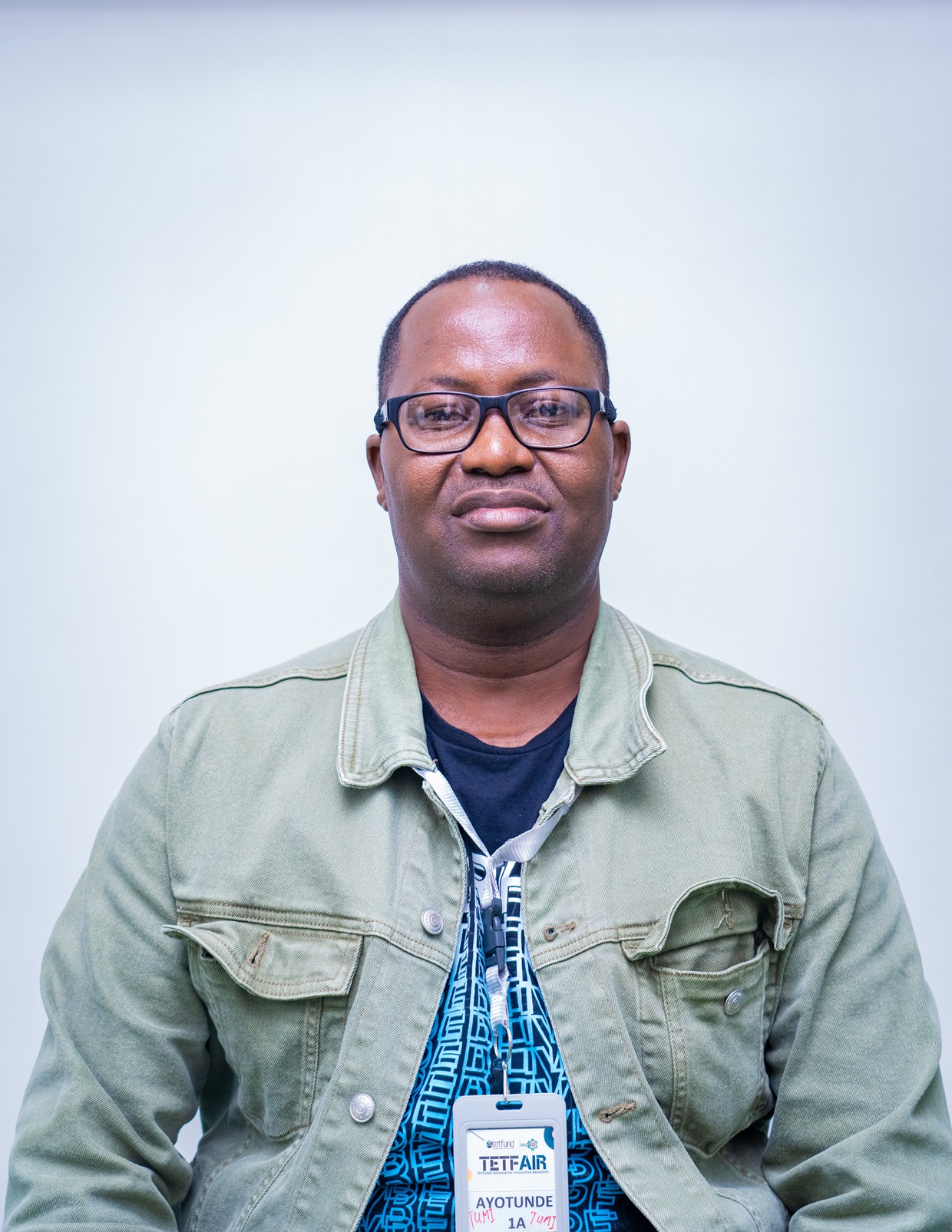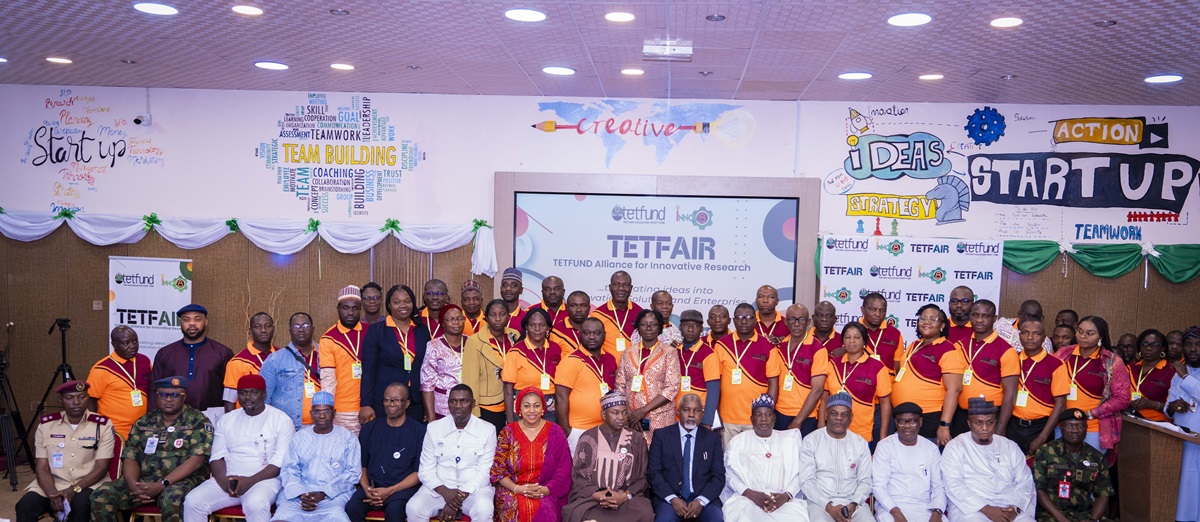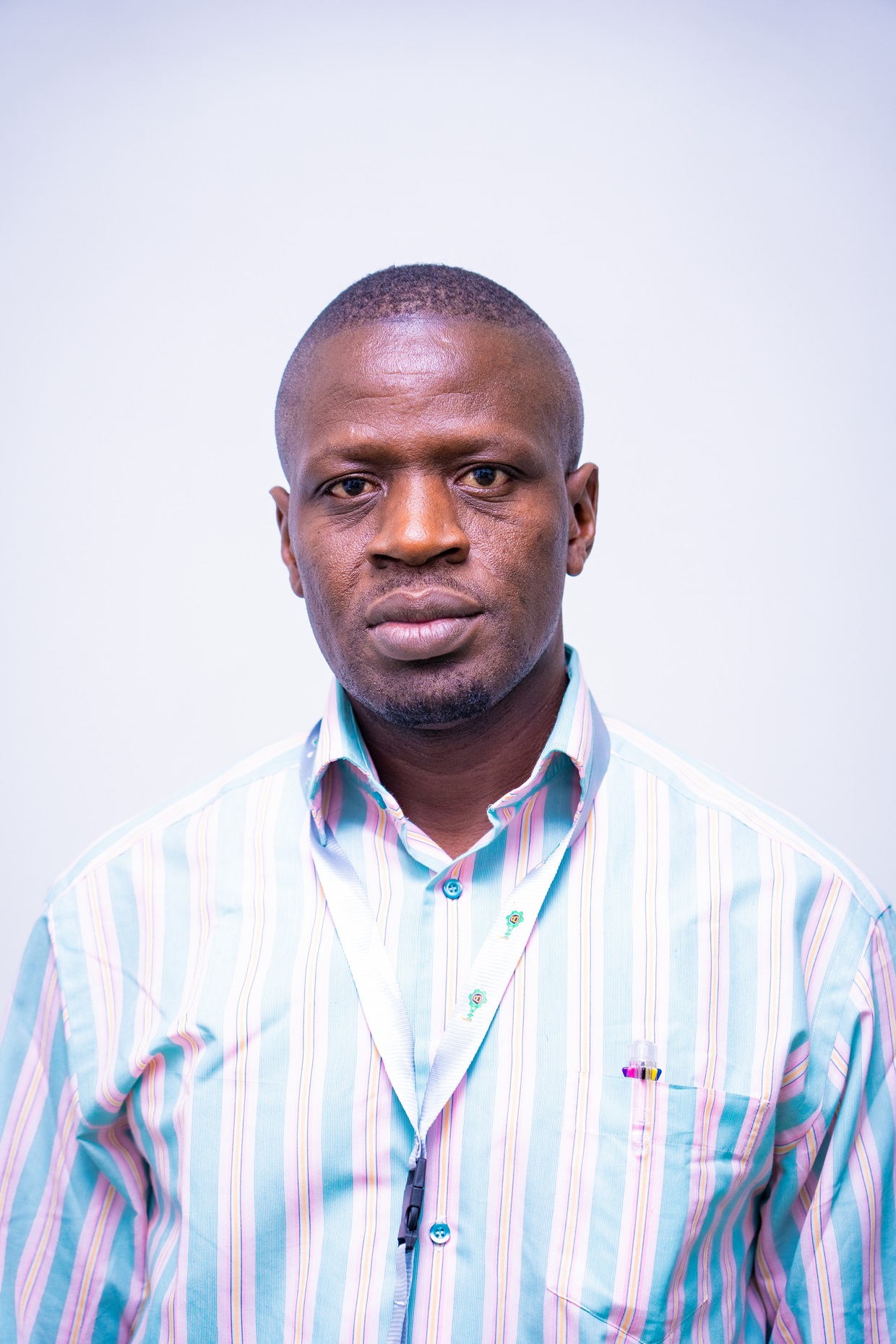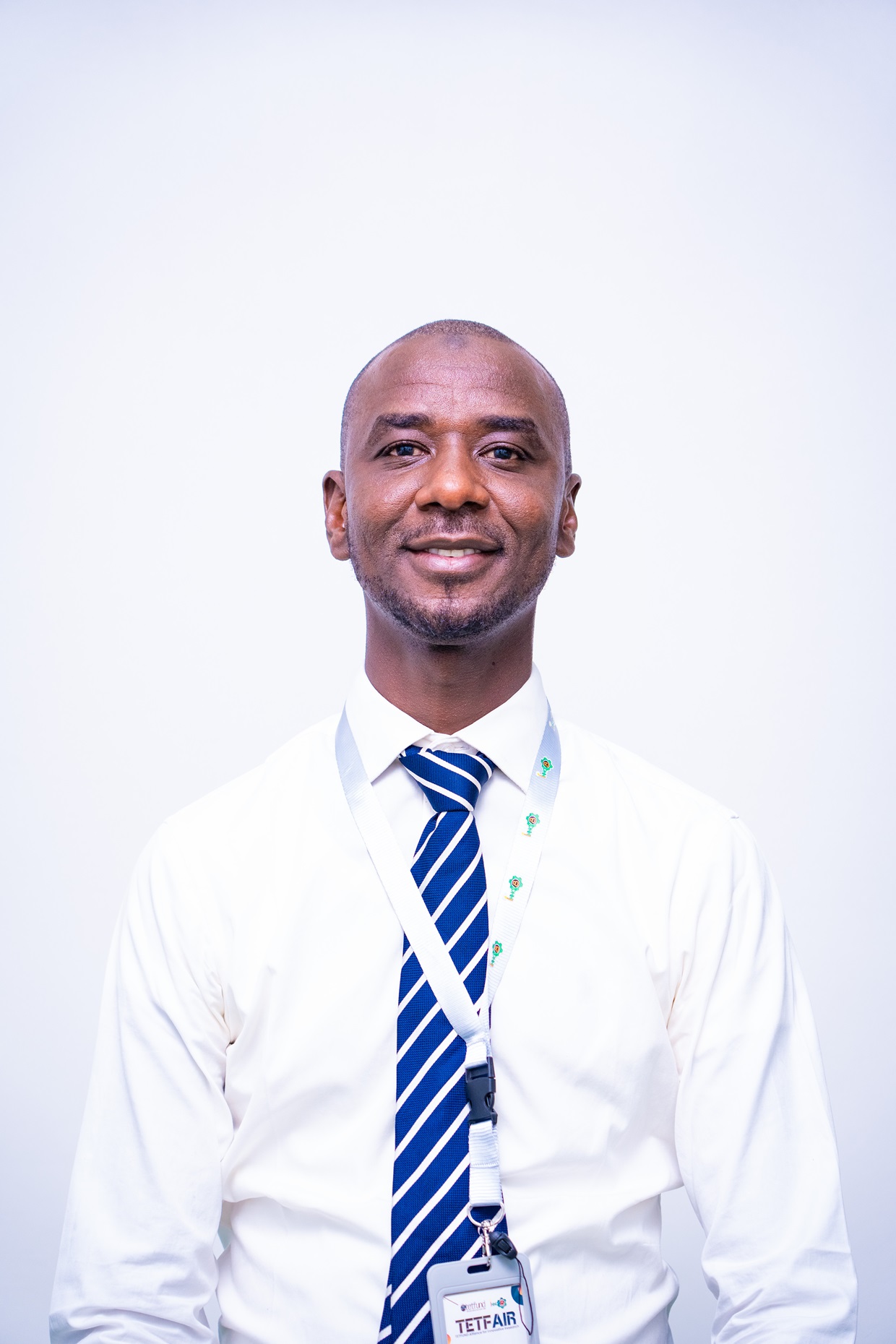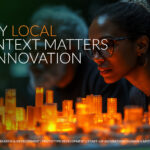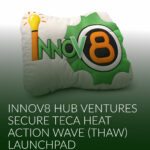Like the concluding line in a quatern of poetry, the Research for Impact (R4i) initiative wrapped up its 16th Edition today at Innov8 Hub. Born from the collaboration between TETFund and Innov8 Hub, R4i is a two-week capacity-building initiative crafted for academia members to transform research ideas…
Month: December 2023
My TETFAIR Journey: ENGR. EZEEMO U. JOSIAH
The idea that brought me to TETFAIR can be traced back to my studio, just before my appointment as a lecturer at Nnamdi Azikiwe University. In Nigeria’s textile industry, small and medium-sized textile cottage enterprises are plagued by the
absence of fast-paced and effective drying and curing methods, leading to inefficient production, inconsistent quality, and inflated cost.
My TETFAIR Journey: PROF. AYOTUNDE OLUTUMININU ADEBAMBO
Federal University of Agriculture, Abeokuta My TETFAIR journey began out of necessity. The strain placed on animals, farmers and researchers during the routine measurement of the morphometric characteristics of poultry birds is intolerable. These measurements are crucial for making informed decisions on the growth, development, and health status of birds and the poultry business by extension. The archaic method of
TETFAIR 1: A Successful Conclusion
The TETFund Alliance for Innovative Research (TETFAIR) wrapped up its inaugural edition on December 7th, 2023. This year-long program, initiated by TETFund in collaboration with Innov8 Hub, empowers Nigerian academics to transform their research into tangible innovations, solutions, and enterprise. TETFAIR 1: A Journey of Innovation TETFAIR 1 involved a series of intensive phases, starting with a bootcamp that kicked
My TETFAIR Journey: PETER GAI
My TETFAIR journey commenced when a team of researchers from Abubakar Tafawa Balewa University, Bauchi, conceived the idea of utilising basalt-based composite material for the production of vehicle brake pads. In the operation of vehicles, few components carry as much significance and importance as the brake pad.
My TETFAIR Journey: ABUBAKAR SHINKAFI (PhD)
Reflecting on my TETFAIR experience, I have undergone a significant shift in mindset—from a primarily research-based approach to one that leans more towards innovation and enterprise. TETFAIR acted as a catalyst for translating my academic ideas into a real-world business context.
